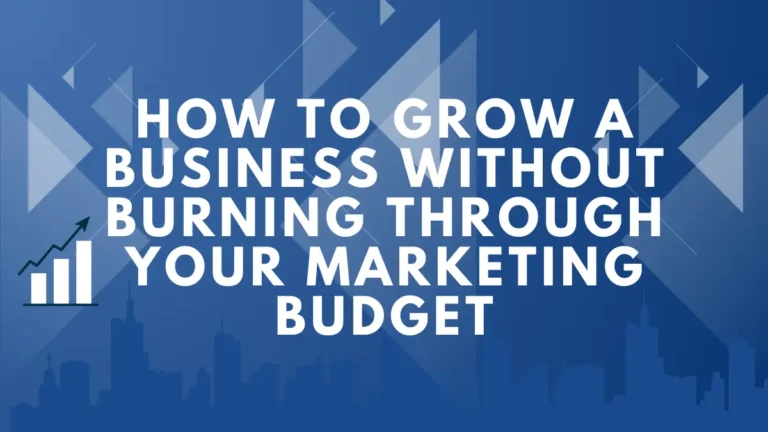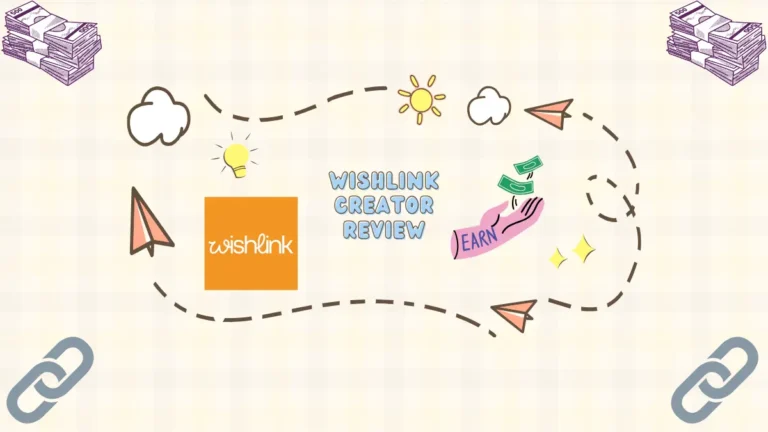Finding the right technology partner isn’t just about cutting costs anymore. In 2025, it’s about finding someone who gets your vision and has the skills to make it happen. Whether you’re scaling your startup or transforming your enterprise, the partner you choose can make or break your project.
Here’s the thing – nearly 50% of tech partnerships fail to meet their original goals. That’s not because the technology doesn’t work. It’s because companies pick partners based on price alone, ignoring everything else that matters.
Why Most Tech Partnerships Fail
The numbers don’t lie. When partnerships go wrong, it’s usually because:
Budget-focused decisions dominate everything else. Companies get laser-focused on saving money upfront, then watch their projects spiral into expensive disasters.
Skill mismatches happen when you don’t dig deep enough. That cheap developer might know the basics, but do they understand your industry? Can they scale with your growth?
Cultural disconnects create friction. You’re building something together – if you can’t communicate effectively, you’re setting yourself up for frustration.
From my experience working with dozens of companies over the past decade, the partnerships that succeed prioritize fit over price. The ones that fail? They treat technology partners like interchangeable commodities.
The Reality Check
The game has changed. Here’s what’s different:
Tighter budgets mean you can’t afford to get it wrong. Every dollar needs to count, which makes choosing the right partner even more critical.
Security concerns are through the roof. Your partner needs to understand cybersecurity, not just treat it as an afterthought.
AI integration is no longer optional. Your technology partner should be fluent in AI tools and automation, not scrambling to catch up.
Remote collaboration is the new normal. Your partner needs systems and processes that work seamlessly, regardless of time zones.
Smart Strategies for Partner Selection
Start with Your Non-Negotiables
Before you even start looking, get clear on what you absolutely need:
- Industry expertise: Do they understand your specific challenges?
- Technical skills: Can they handle your current and future tech stack?
- Communication style: Will they keep you in the loop or leave you guessing?
- Scalability: Can they grow with you or will you outgrow them quickly?
Look Beyond the Price Tag
Sure, budget matters. But here’s what matters more:
Track record in your space beats generic experience every time. A partner who’s solved similar problems will navigate challenges faster than someone learning on your dime.
Team stability tells you about their culture. High turnover means you’ll constantly be explaining your project to new people.
Process transparency shows professionalism. Good partners have clear workflows, regular check-ins, and don’t vanish for weeks at a time.
Red Flags to Avoid
Some warning signs are obvious. Others? Not so much.
Overpromising on timelines is a classic red flag. If their estimates seem too good to be true, they probably are.
Vague communication about technical details suggests they might not fully understand your needs.
Reluctance to provide references should make you pause. Great partners are proud of their work and happy to connect you with past clients.
Key Questions to Ask Potential Partners
Don’t just ask about their services. Dig deeper:
- “Walk me through how you handled a project that went off track.”
- “What’s your process for keeping projects on schedule?”
- “How do you stay updated on new technologies in our industry?”
- “Can you show me examples of similar work you’ve done?”
The answers will tell you more about their approach than any marketing material.
Building a Partnership That Lasts
Once you’ve found your match, set it up for success:
Define expectations upfront – not just deliverables, but communication frequency, reporting structure, and decision-making processes.
Create feedback loops so small issues don’t become big problems. Regular check-ins beat crisis management every time.
Plan for growth because if you’re doing things right, your needs will evolve. Make sure your partner can evolve with you.
The Bottom Line
Finding the right technology partner isn’t about finding the cheapest option. It’s about finding someone who can execute your vision while adapting to an ever-changing tech landscape.
Take time to evaluate partners based on expertise, communication, and cultural fit. Ask tough questions. Check references. Trust your instincts.
The right partnership will accelerate your growth and help you navigate challenges you haven’t even thought of yet. The wrong one? It’ll cost you more than money – it’ll cost you time, momentum, and opportunities.
Your technology partner should feel like an extension of your team, not a vendor you’re managing. When you find that fit, you’ll know it.
Read more: How to Overcome These Top 7 Challenges in the Vendor Management Process?



